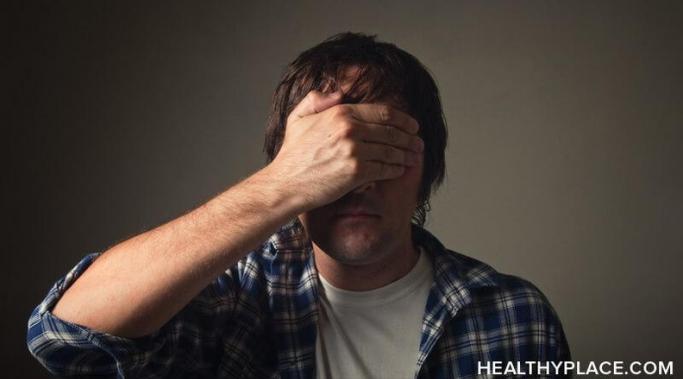Being a cat owner, whenever I have to be away for an extended period of time, I have to arrange for someone to feed him. Every time I do that, without fail, I worry about him. It’s especially prominent during the few days before I have to leave him. It can often adversely impact my mental state for several days, so in this post, I want to explore why this may be the case.
Effects of Anxiety
I don’t know how many people feel limited by anxiety, but if I were to make a bet, I would say that quite a few people are impacted by the limitations of anxiety. So, I figured a post is recommended. When I am anxious, I find that there are certain things that I am unable to do because they are too mentally taxing. I’m not talking about things that I’m uncomfortable doing anyway – these are things that I love doing, things that I would ordinarily spend a lot of time doing if I wasn’t anxious. This post is about those things.
Sometimes, stressful things can happen without the slightest hint of warning. Recently, I woke up to find that my laptop had just stopped working. I had used it the previous evening, and it seemed fine. But then, for whatever reason, the hard drive just died.
Whether short-term or chronic, health concerns can cause anxiety and stress. Signs and symptoms of health-related anxiety and stress can range from mildly annoying to completely disruptive and debilitating. The signs might be obvious, or they might hide as something else. Here's what health anxiety and stress may look like to help you recognize them and take charge.
Anxiety can make people feel inferior and erode self-confidence. The harsh, self-critical, judgmental voice of anxiety can also distort the way we see ourselves, causing us to ignore our positive qualities and exaggerate our very human flaws and foibles. If anxiety ever makes you hard on yourself, keep reading. You don't have to take anxiety's word at face value.
Yesterday, I woke up in the middle of the night with bad dreams. The dreams were such that I was unable to fall asleep for the rest of the night (it was 4:00 A.M. when I initially woke up) and spent much of the rest of the day in a negative state of mind. Because this tends to happen frequently, I want to take the time to discuss it in a bit more detail.
Anxiety is absolutely exhausting. The many negative effects of anxiety plus the nature of anxiety itself (the worries, the fears, the what-ifs, the worst-case scenarios, and the heightened stress) take a toll on us mentally and physically. It depletes the body and overfills the mind with clutter. As a result, it makes sense to feel drained and exhausted. Fatigue is a common effect of anxiety, and for a good reason. Here's the thing, though. You don't have to remain at the mercy of anxiety. Here's one incredibly simple tip to regain your energy and even reduce your anxiety in the process.
Anxiety can severely limit lives, so much so that it can be difficult to leave the house to go to work (or anywhere else, for that matter). Anxiety symptoms can be crushing and exhausting, and anxiety attacks or panic attacks can leave you overwhelmed, drained, physically ill, and haunted by strong, negative thoughts and emotions. This makes daily functioning, including going to work, incredibly difficult. While it's not necessarily a quick and easy process, you can break free from the shackles of anxiety, anxiety attacks, or panic attacks and not only get to work but feel steady and actually enjoy life again.
Anxiety often causes impatience. It's a unique type of impatience, though--not that feeling of annoyance that comes from being mildly inconvenienced, but a deeper sense of immediacy or urgency that makes us believe that we have to act on a sudden thought or emotion now because it is our only chance and disasters might happen if we don't take action immediately. It's also different than the impulsivity that makes people do things without thinking them through. The impulse to act driven by anxiety happens because of too much thinking. It's possible to resist the urge to act and operate from a sense of peace rather than anxiety.
One of the most damaging misconceptions about mental illness, anxiety included, is that it’s somehow necessary to produce something creative. This could not be further from the truth – the reality is often the exact opposite. Anxiety can often be crippling to creativity, for reasons that are, when they are given even just a little thought, more than obvious.









